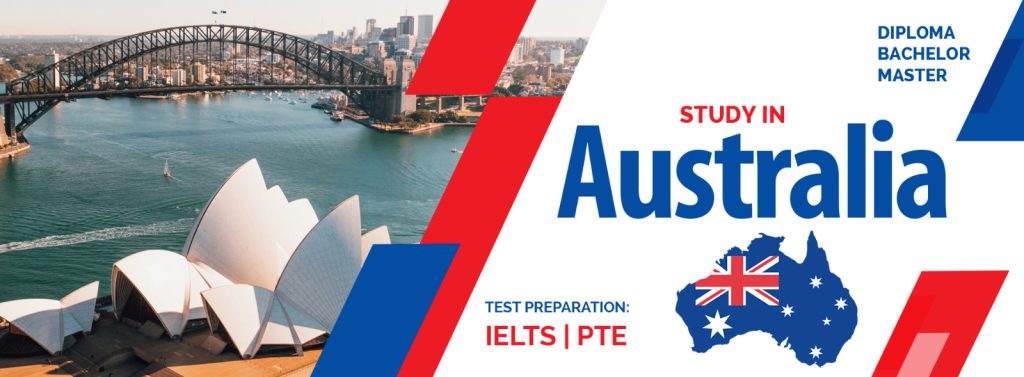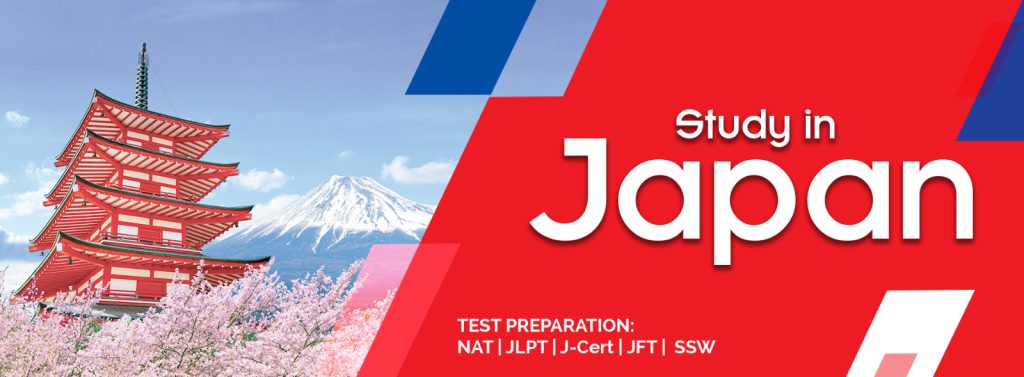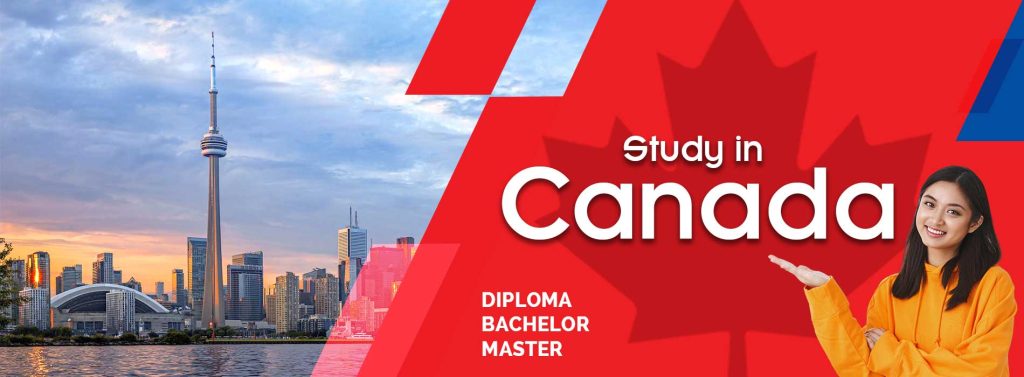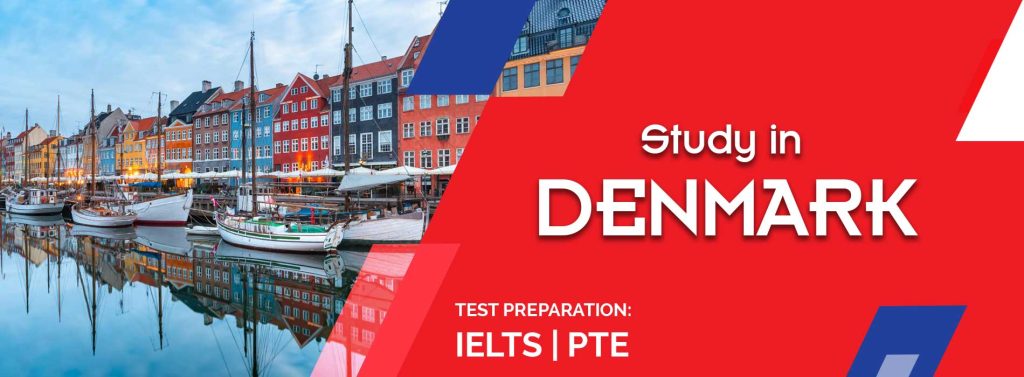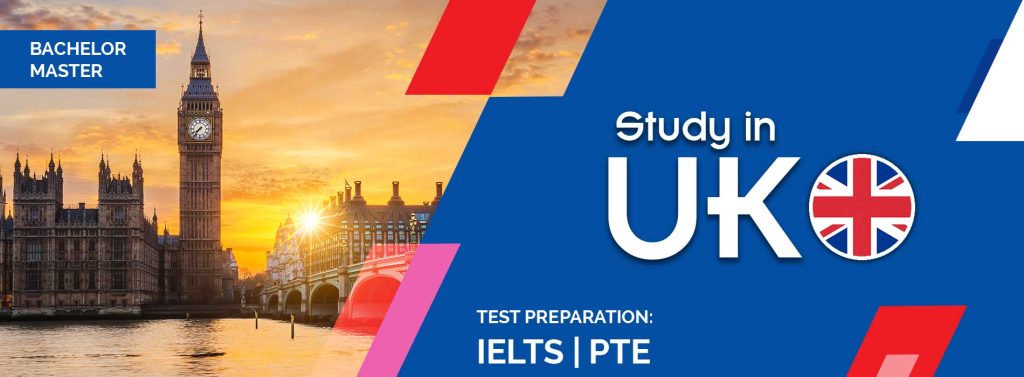
Overview
At Birtamode Education Foundation (BEF), we are here to support and guide you on your journey to study in the USA. As a trusted educational consultancy, we have extensive experience in assisting Nepalese students in realizing their dreams of pursuing higher education abroad. Our dedicated team of professionals at BEF provides personalized counseling, comprehensive admission guidance, visa documentation support, and valuable resources to help you navigate the process of studying in the USA with ease.
By choosing BEF, you gain access to our vast network of partner universities and colleges in the USA, ensuring that you have a wide range of options for your desired course of study. We understand the unique needs and aspirations of Nepalese students, and we are committed to providing reliable information, personalized assistance, and professional guidance every step of the way. Let BEF be your trusted partner in your study abroad journey to the USA, as we help you make informed decisions, secure admissions, and embark on a fulfilling educational experience.
Washington, DC
Capital
23.32T
GDP
331.9M
Population
+1
Dialing Code
English
Language
USD
Currency
1.5M
International Students
5300
Universities
The application process to study in the USA involves several key steps that you need to navigate successfully. Here is an overview of the typical process:
- Research and Choose Programs: Explore different universities, colleges, and academic programs in the USA. Consider factors such as reputation, program curriculum, location, and available scholarships.
- Meet Admission Requirements: Review the admission requirements of your selected institutions. This usually includes submitting academic transcripts, standardized test scores (such as the SAT or ACT), letters of recommendation, and a personal statement.
- Prepare for Standardized Tests: Depending on the program and institution, you may be required to take standardized tests such as the SAT, ACT, GRE, or GMAT. Prepare for these tests well in advance and schedule your exam dates accordingly.
- Complete Online Applications: Most universities and colleges have online application systems. Fill out the application forms accurately and provide all required documents, including your personal information, academic history, and supporting materials.
- Pay Application Fees: Pay the application fees for each institution you are applying to. These fees cover the cost of processing your application.
- Submit Required Documents: Send your academic transcripts, test scores, letters of recommendation, and any other requested documents to the institutions directly or through designated application platforms.
- Apply for Financial Aid: If you require financial assistance, research and apply for scholarships, grants, and loans available to international students studying in the USA.
- Monitor Application Status: Keep track of your application status by regularly checking the online portals or contacting the admissions offices of the institutions you have applied to.
- Receive Admission Offers: Once the institutions have reviewed your application, you will receive admission offers. Evaluate your options, consider factors such as tuition costs, financial aid packages, and program fit, and make your final decision.
- Apply for Student Visa: After accepting an admission offer, you will need to apply for a student visa (typically an F-1 visa) at the nearest U.S. embassy or consulate. Provide the necessary documents, attend an interview if required, and pay the visa application fee.
- Prepare for Departure: Once your student visa is approved, make necessary travel arrangements, secure accommodation, and ensure you have health insurance coverage. Attend pre-departure briefings provided by your educational institution or educational consultancy for important information and guidance.
Remember, the application process may vary slightly among institutions, so it’s important to carefully review the specific requirements and deadlines of each institution you are applying to. Seek guidance from educational consultancies like Birtamode Education Foundation (BEF) to receive personalized assistance and ensure a smooth application process. Good luck with your application to study in the USA!
Living in the USA offers a diverse and vibrant lifestyle with a wide range of experiences. While the cost of living varies depending on the location, here is an overview of the lifestyle and general cost considerations:
- Accommodation: Renting an apartment or dormitory is common for students. The cost of housing varies significantly depending on the city and proximity to the university. Generally, urban areas and popular study destinations tend to have higher rental costs compared to suburban or rural areas.
- Transportation: Public transportation systems such as buses, trains, and subways are available in many cities, offering convenient ways to get around. The cost of transportation can vary, but having a car may involve additional expenses such as car payments, insurance, and fuel.
- Food and Groceries: Dining options in the USA are diverse, ranging from on-campus meal plans to eating out at restaurants or cooking at home. Eating out can be expensive, so budgeting and cooking meals at home can help save money. Grocery costs vary based on location and dietary preferences.
- Healthcare: The USA has a healthcare system that includes private health insurance. It is essential to have health insurance coverage to manage medical expenses. Many universities offer health insurance plans for international students, and it is advisable to explore these options.
- Entertainment and Recreation: The USA offers a wide range of entertainment and recreational activities, including cultural events, sports, outdoor adventures, and nightlife. Costs for entertainment can vary depending on the activity, location, and personal preferences.
- Education Expenses: Tuition fees and educational expenses vary among institutions and academic programs. It is important to consider tuition costs, textbooks, and other educational materials when planning your budget.
- Miscellaneous Expenses: Other factors to consider include personal expenses, such as clothing, personal care items, communication expenses (phone and internet), and social activities. These costs will vary based on individual choices and preferences.
It is important to note that the cost of living can be higher in major cities compared to smaller towns or rural areas. Additionally, scholarships, part-time employment opportunities, and financial aid options can help offset some expenses. Conduct thorough research, create a budget, and consider seeking guidance from educational consultancies like Birtamode Education Foundation (BEF) to better understand the lifestyle and cost of living in the specific area you plan to study in.
To study in the USA, international students must obtain a student visa. The most common student visa for academic studies is the F-1 visa. Here are the general visa requirements:
- Admission to a Student Program: You must have a confirmed admission offer from a recognized educational institution in the USA. This includes receiving the Form I-20 (Certificate of Eligibility for Nonimmigrant Student Status) from the institution.
- SEVIS Fee: Pay the SEVIS (Student and Exchange Visitor Information System) fee, which is required for all F-1 visa applicants. This fee supports the administration of the SEVIS program.
- Online Nonimmigrant Visa Application: Complete the Online Nonimmigrant Visa Application (Form DS-160) and submit it online. You will receive a confirmation receipt with a barcode.
- Visa Application Fee: Pay the visa application fee, which is non-refundable. The fee amount may vary, so check the official U.S. embassy or consulate website for the specific fee in your country.
- Schedule and Attend Visa Interview: Schedule an interview appointment at the U.S. embassy or consulate in your home country. Prepare all necessary documents, including your passport, Form I-20, SEVIS fee payment receipt, DS-160 confirmation page, financial documents, academic transcripts, and any other supporting materials as requested.
- Proof of Financial Ability: Demonstrate that you have sufficient funds to cover your tuition fees, living expenses, and other educational costs while studying in the USA. This may include bank statements, scholarship letters, sponsor letters, or other financial documents.
- Intent to Return: Provide evidence of your intent to return to your home country after completing your studies in the USA. This may include ties to your home country, such as family, property, or employment prospects.
- English Proficiency: Depending on the institution and program, you may need to demonstrate English language proficiency by providing test scores from exams such as the TOEFL or IELTS.
- Additional Documents: The U.S. embassy or consulate may request additional documents based on your specific circumstances. It is important to carefully review the embassy’s instructions and requirements.
It is essential to start the visa application process well in advance to allow for any delays or additional document requests. Consult the official website of the U.S. embassy or consulate in your country for detailed and up-to-date information on the visa application process. Seeking guidance from educational consultancies like Birtamode Education Foundation (BEF) can also help ensure a smooth visa application process.
Studying in the USA can be financially demanding, but there are several scholarships available to help support international students. Here are some common scholarship options for studying in the USA:
- Fulbright Foreign Student Program: Sponsored by the U.S. Department of State, the Fulbright program offers scholarships for graduate-level study, research, and teaching assistantships. It is a highly competitive program that covers tuition, living expenses, and travel costs.
- The Hubert H. Humphrey Fellowship Program: This program provides scholarships for mid-career professionals from designated countries to pursue non-degree, full-time professional enrichment programs in the USA.
- Global Undergraduate Exchange Program (Global UGRAD): Administered by the U.S. Department of State, Global UGRAD offers scholarships to outstanding undergraduate students for a semester or academic year of non-degree study in the USA.
- International Fulbright Science and Technology Award: This program supports outstanding foreign students pursuing doctoral study in science, technology, engineering, or related fields. It covers tuition, health insurance, and a monthly stipend.
- Diversity Abroad Scholarships: Diversity Abroad offers a range of scholarships and grants specifically for underrepresented students, including minority, first-generation, and low-income students, who wish to study abroad in the USA.
- Institution-Specific Scholarships: Many universities and colleges in the USA offer scholarships specifically for international students. These scholarships may be merit-based, need-based, or a combination of both. It is advisable to explore the scholarship opportunities available at your chosen institutions.
- Government Scholarships: Some governments offer scholarships to their citizens to study abroad, including in the USA. Contact your country’s education ministry or relevant government agencies to inquire about available scholarship programs.
- Private Foundations and Organizations: There are various private foundations, organizations, and philanthropic bodies that offer scholarships for international students studying in the USA. Research and explore scholarship opportunities provided by these entities.
It’s important to note that scholarship availability, eligibility criteria, and application deadlines may vary. It is recommended to thoroughly research and apply for scholarships well in advance of your planned study abroad period. Check the official websites of scholarship providers and consult with educational consultancies like Birtamode Education Foundation (BEF) for guidance on scholarship opportunities and the application process.
After completing your studies in the USA, there are several post-study work opportunities available for international students. Here are some options to consider:
- Optional Practical Training (OPT): OPT is a temporary employment authorization that allows F-1 students to work in the USA for up to 12 months (or up to 36 months for STEM degree holders) in a field related to their study program. It is an opportunity to gain practical work experience and apply the knowledge and skills acquired during your studies.
- STEM OPT Extension: If you have earned a degree in a STEM (Science, Technology, Engineering, or Mathematics) field, you may be eligible for an additional 24-month extension of your OPT. This extension allows you to work in a STEM-related job and further enhance your skills and career prospects.
- H-1B Visa: The H-1B visa is a non-immigrant visa that allows U.S. employers to temporarily employ foreign workers in specialty occupations. It is commonly used by employers to hire highly skilled professionals in fields such as IT, engineering, healthcare, and more. Securing a job offer from a U.S. employer and meeting the visa requirements are essential for obtaining the H-1B visa.
- J-1 Visa Waiver: If you have completed a J-1 exchange visitor program, you may be subject to a two-year home residency requirement. However, you can apply for a J-1 visa waiver, which allows you to work in the USA without returning to your home country for two years.
- Employer-Sponsored Visas: Some employers may sponsor international employees for work visas such as the H-1B, L-1, or O-1 visas. These visas require a job offer from a U.S. employer and meeting specific eligibility criteria.
- Entrepreneurship and Start-up Opportunities: If you have an entrepreneurial spirit, you can explore opportunities to start your own business or join a start-up in the USA. There are visa options like the E-2 Investor Visa or the O-1 Visa for individuals with extraordinary abilities in business or entrepreneurship.
It is important to note that post-study work options and visa requirements can be subject to change, and it is advisable to consult with an immigration attorney or an experienced professional for the most up-to-date and accurate information. Birtamode Education Foundation (BEF) can also provide guidance and support regarding post-study work opportunities in the USA.
APPLY NOW






